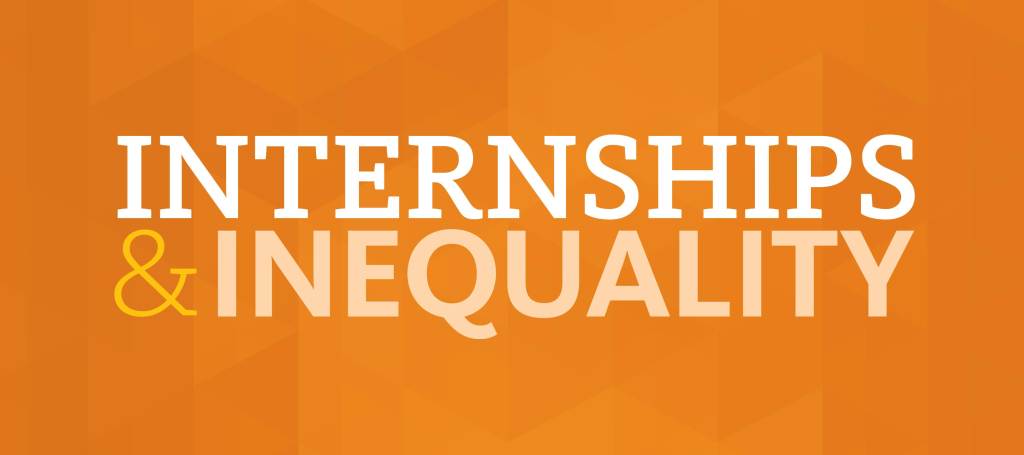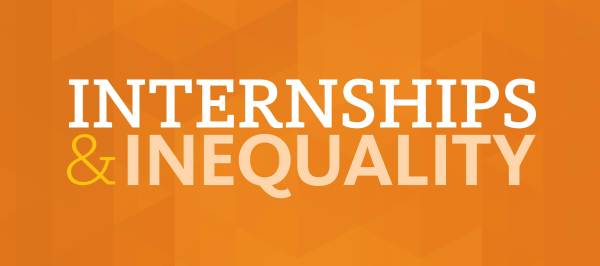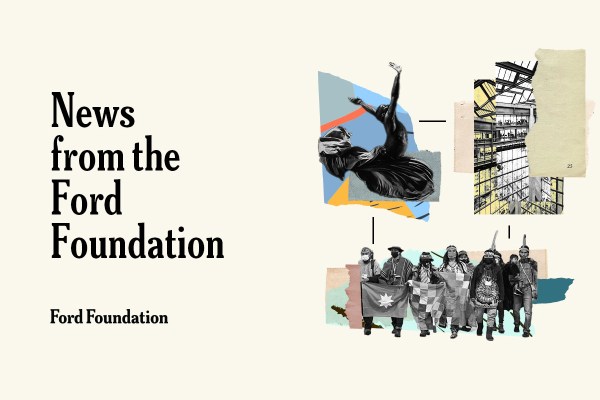
Many people assume that the most challenging part of an internship is the very first step: securing the internship. For some industries, the recruitment process ends more than five months before the start date of the internship. As a result, we as students are forced to know what we want and where we want it—even if we don’t yet have much to base our decisions on. It’s contradictory: Internships are supposed to boost your resume and help you get a fulltime job in some specialized area of interest, but they’re also supposed to help you figure out what those interests are in the first place. How can I select the “right internship” without knowing what would be the “right internship” for what I want to do in the future?
The Ford Foundation and other organizations have been able to alleviate this tension. Ford’s structured internship program is filled with learning sessions and a welcoming community of thought leaders. Working on the operations side, I’ve been thrilled to have opportunities each week to better understand what the various departments on the program side do, and how they function. The organized learning sessions and lunches cover subjects including how the endowment works, how a proposal turns into a grant, and how Ford fights inequality around the world. The people who work at Ford are smart and friendly, and so learning comes organically from the stories they share. Much of what I’ve learned at the Ford Foundation has come from being a fly on the wall during events and meetings—these are unique chances to not just be told how things work, but to actually see them happen in front of me. With all of these experiences, I am confident that we interns will leave in August with a holistic view of the foundation, as well as more specific experience in one department.
Learning something in a classroom environment is completely different from actually applying that knowledge to a task. Aside from the hard skills that are often times learned on the job, internship experiences put students into different environments to help us get a sense of what culture best suits us. I have made many assumptions of what it would be like to work in certain industries, but until I sacrifice the need to have the “right internship” for a resume and look at internships for what they are intended to be—learning experiences—I won’t really know where I fit in myself.
As students, we are pressured to have the most impressive (but not too overwhelming) one-page resumes, to have the highest GPA (but not be solely focused on academics), and to have the networking ability and connections to actually get a job (but not in a superficial way). We’ve become too cut-throat. We are taking on opportunities for the name value, rather than for the learning value. It makes me sad that many, including myself, hesitate to share or lend a hand because we’re so competitive with one another. Why are we working against each other when we should be working with each other? I hope the battle for internships subsides and we remember their original purpose—apprenticeship and experiential learning, not just more lines on a resume.
The name value of an internship adds to the misconception that what matters most is “winning” an internship. Even with a structured program, it’s up to you to craft your time. It’s up to you to ask questions, engage in intellectual conversations with colleagues, bring energy and motivation to work every day, resist saying “no” to opportunities, be excited to learn from others—and stop thinking of yourself as “just an intern.”
Sabina Razak attends Boston University, where she is a rising junior in the Questrom School of Business, planning on dual concentrating in management information systems and operations and technology management, with a minor in computer science. She is an intern in Ford’s Information Management department.


